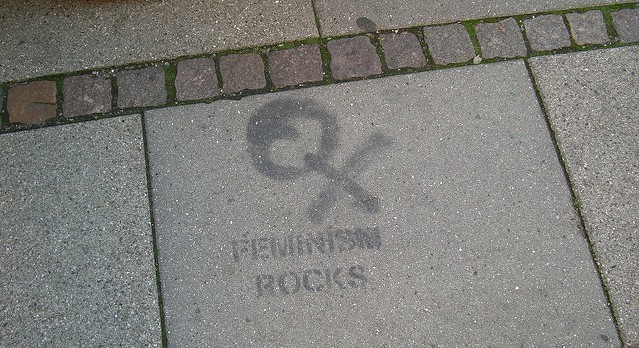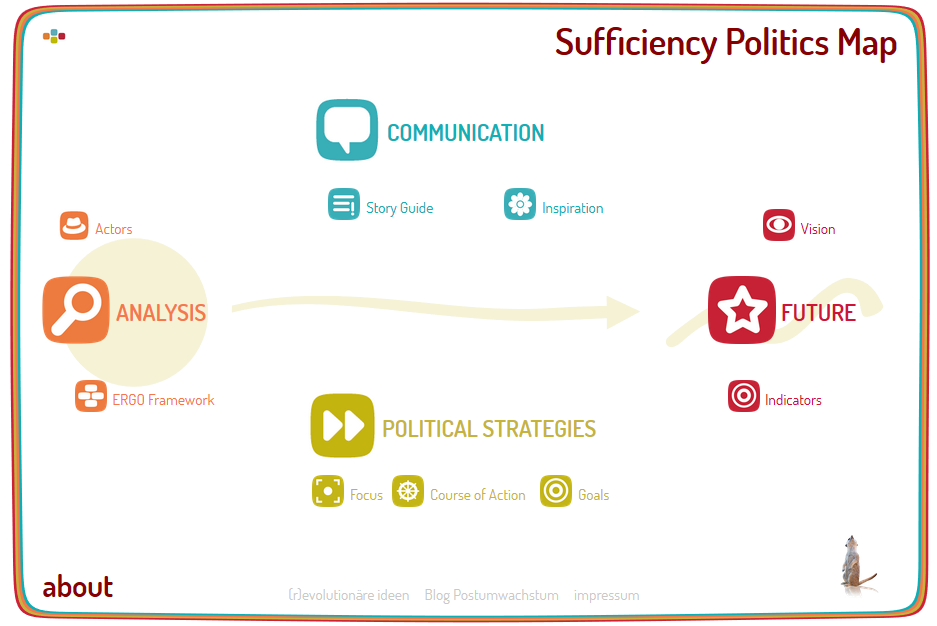The wider degrowth-community is asked to participate in a short survey on sustainable mobility which should not take more than 10-15 minutes: The results will be used as a part of Justin Hyatt´s academic work at the Institute for Housing and Urban Development Studies (IHS), Erasmus University, Rotterdam (Netherlands). It is also intended to publish and widely disseminate a separate report.
Please also help by forwarding this survey in your network! The more answers are received - also from different parts of the world - the stronger and more powerful the final results will be.

We are happy to announce a follow up to our roundtable about feminism(s) and degrowth at the Degrowth Conference in Budapest 2016. Sharing many common points, feminisms and degrowth have the potential to build an alliance which promotes mutual enrichment. One intersection is the criticism of the dominant socio-economic mode. By criticising the centrality of productive performance and by furt...

When our book Post-Growth Society was published in 2010 in German, the term was entirely unheard of. Today, Post-Growth is the harsh reality in many countries, but this phenomenon is considered to be transitory. Governmental investment subsidies and infrastructure spending, consumer incentive programs and a generous monetary policy are supposed to re-stimulate growth. Additional governmental e...
Rob Hopkins is the founder of the Transition Movement. We interviewed him for the Stream towards Degrowth during the launch of his new Book “The Power of just doing Stuff - How local Action can change the World” in Bielefeld. Watch the video to hear more about the connections and differences between the Degrowth and the Transition Movement.